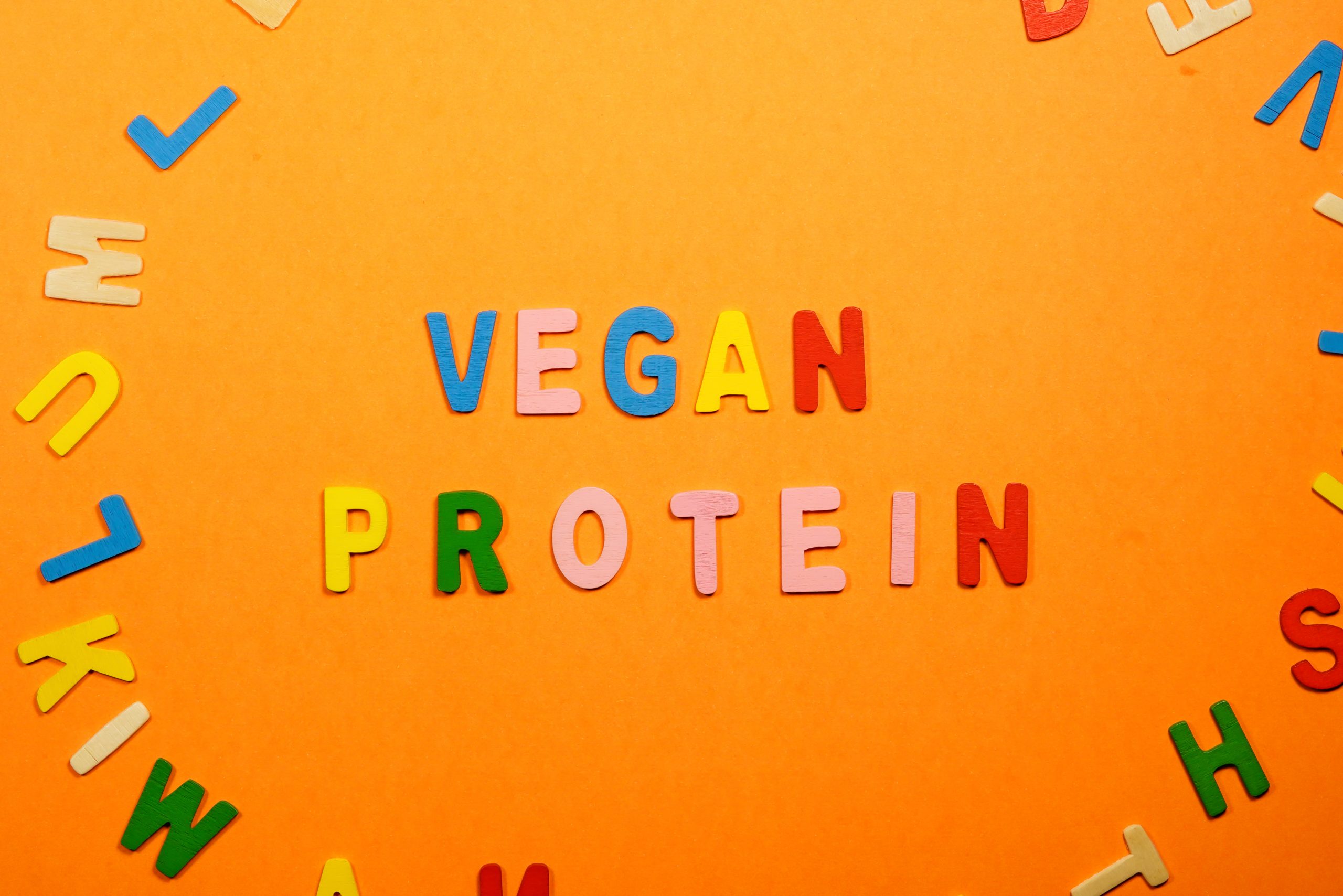The popularity of vegan protein has surged in recent years, with more individuals embracing plant-based diets for various reasons. However, concerns often arise about its potential impact on skin health, with questions like, "Does vegan protein cause acne?" Additionally, there's a query about the digestive implications, as in, "Can vegan protein powder cause constipation?" In this comprehensive guide, we'll delve into these questions, separating fact from fiction and providing insights into optimising your vegan protein experience.
Understanding Vegan Protein
Before we tackle the potential effects on the skin and digestion, let's establish a solid understanding of vegan protein. Plant-based sources such as beans, lentils, tofu, and pea protein are rich in essential amino acids, making them excellent alternatives to animal-based proteins. The nutritional benefits of these sources contribute to overall well-being.
The Acne Debate
Exploring the claim: "Does vegan protein cause acne?"
There's a widespread belief that vegan protein can trigger acne. However, scientific research suggests otherwise. Studies indicate that factors like overall diet, genetics, and lifestyle play a more significant role in acne development than the specific protein source.
Addressing common misconceptions
It's essential to dispel common misconceptions surrounding vegan protein and acne. For instance, some individuals may experience an initial adjustment period when switching to a plant-based diet, but this doesn't necessarily link to protein causing acne.
Factors Influencing Acne
Understanding the factors influencing acne is crucial. While diet plays a role, other elements like hormonal changes, stress, and skincare routines contribute to skin health. Adopting a holistic approach to skincare, including a balanced diet, is key to managing acne.
Vegan Protein Powder and Constipation
Analysing the statement: "Can vegan protein powder cause constipation?"
Contrary to concerns, vegan protein powder, when consumed in moderation, is unlikely to cause constipation. However, it's essential to consider individual sensitivities to specific ingredients. Examining the fiber content and ensuring adequate hydration can mitigate any potential digestive issues.
Balancing Your Vegan Diet
A well-rounded plant-based diet is crucial for overall health. Diversify your protein sources, including legumes, grains, and nuts, to ensure you receive a spectrum of nutrients. This not only benefits your skin but also promotes digestive health.
Choosing the Right Vegan Protein
Quality matters: Selecting reputable brands
When choosing vegan protein, opt for reputable brands known for their commitment to quality. Reading product labels is essential to avoid additives or allergens that may contribute to skin issues or digestive discomfort.
Tips for Healthy Skin on a Vegan Diet
Hydration and its impact on skin
Maintaining adequate hydration is vital for healthy skin. Water helps flush out toxins and keeps your skin supple. Consider hydrating foods like cucumbers and watermelon as part of your vegan diet.
Including skin-friendly nutrients in your diet
Certain nutrients, such as vitamins A, C, and E, contribute to skin health. Incorporate fruits and vegetables rich in these vitamins into your meals for a radiant complexion.
Common Myths about Vegan Protein
Dispelling myths is crucial for making informed choices. Common misconceptions, such as "Vegan diets lack protein," are debunked with scientific evidence. Understanding the facts empowers individuals to embrace plant-based lifestyles confidently.
Conclusion
In conclusion, the impact of vegan protein on skin and digestion is nuanced. By understanding the myths, balancing your diet, and choosing quality products, you can enjoy the benefits of a plant-based lifestyle without compromising your well-being.







